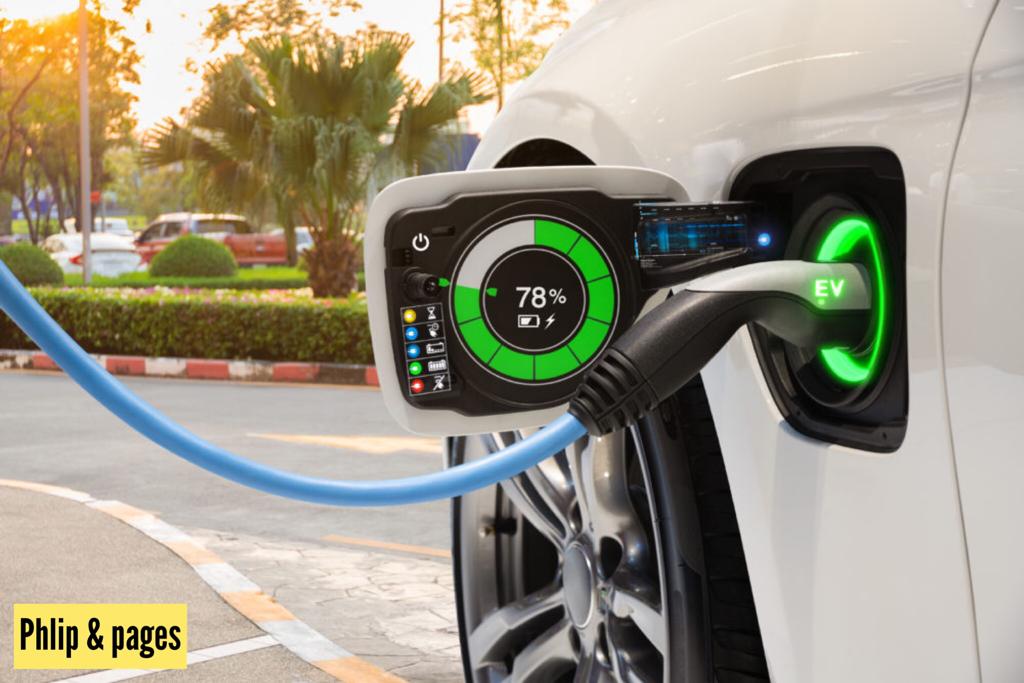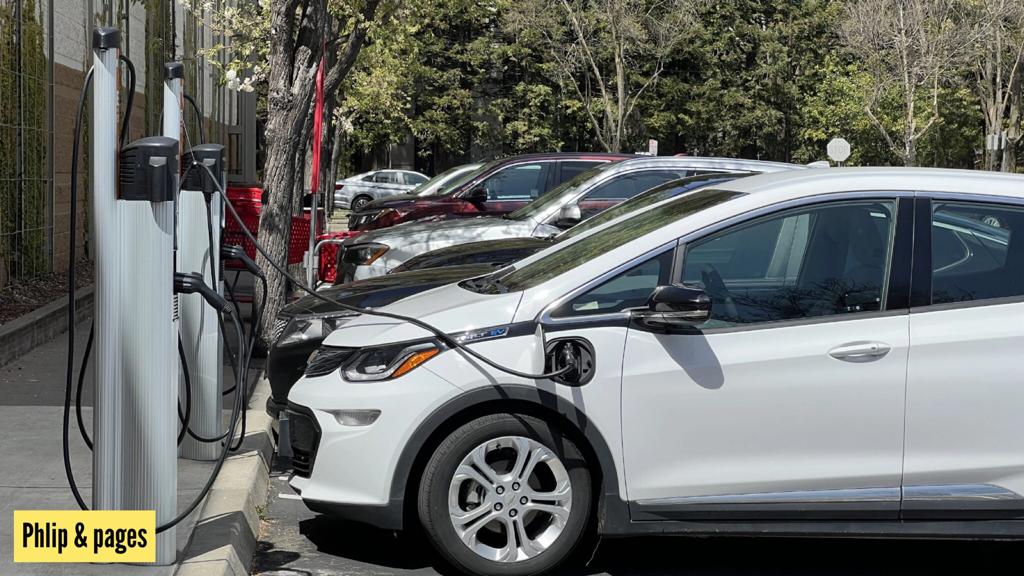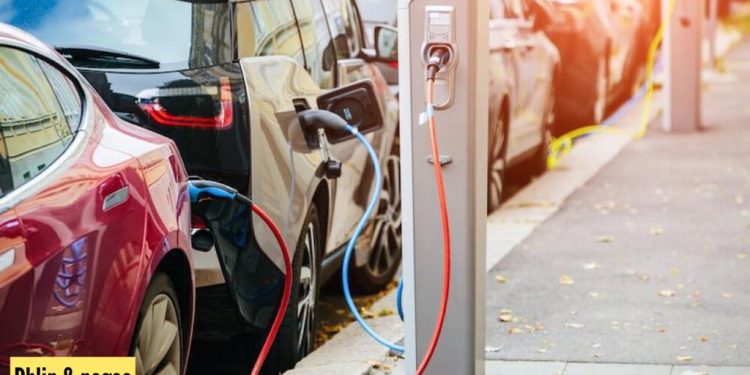Electric vehicles (EVs) have gained significant attention globally as a sustainable alternative to traditional combustion engine vehicles. While the adoption of EVs has been prominent in many developed countries, their potential impact on Africa’s transportation sector is an emerging topic of discussion. This article explores the opportunities and challenges associated with the rise of electric vehicles in Africa.
Opportunities

- Environmental Sustainability:
The shift towards electric vehicles presents an opportunity for African countries to reduce greenhouse gas emissions and combat climate change. With their zero tailpipe emissions, EVs can contribute to cleaner air quality, particularly in urban areas where pollution levels are high. - Energy Independence:
Many African nations heavily rely on imported fossil fuels for their energy needs. Embracing electric vehicles could lead to reduced dependence on foreign oil, promoting energy independence by utilizing locally generated renewable energy sources such as solar or wind power. - Job Creation and Economic Growth:
The introduction of EVs requires investments in manufacturing facilities, charging infrastructure development, battery production plants, and skilled workforce training programs—potentially creating new employment opportunities and stimulating economic growth within the automotive industry. - Technological Leapfrogging:
By embracing electric mobility solutions early on, African countries have an opportunity to leapfrog traditional vehicle technologies prevalent elsewhere. They can bypass extensive reliance on internal combustion engines and transition directly into clean transportation systems that align with global sustainability goals.
Challenges

- Infrastructure Limitations:
Establishing a robust charging infrastructure network is crucial for widespread adoption of EVs; however, inadequate charging stations across Africa remains a significant challenge. Investment is needed not only in public charging points but also home-charging solutions suited to diverse living situations prevalent throughout the continent. - Affordability and Accessibility:
Electric vehicles often come with higher upfront costs compared to conventional cars due to battery technology expenses—a barrier to adoption in many African countries where income levels are relatively low. Ensuring affordability and accessibility of EVs through incentives, subsidies, or financing options is crucial for broader market penetration. - Limited Local Manufacturing:
Currently, most electric vehicles available in Africa are imported. The lack of local manufacturing capabilities results in higher costs due to import duties and taxes. Encouraging domestic production of EV components and fostering partnerships with international manufacturers could help overcome this challenge. - Battery Technology and Recycling:
Electric vehicle batteries require advanced technology for efficient storage and long-range capabilities. Africa needs to address the challenges related to battery technology development, including sourcing sustainable materials and establishing recycling facilities to manage end-of-life batteries effectively.
Conclusion
The rise of electric vehicles presents both opportunities and challenges for Africa’s transportation sector. Embracing EVs can contribute to environmental sustainability, energy independence, job creation, and technological leapfrogging across the continent. However, addressing infrastructure limitations, affordability concerns,
local manufacturing capacity, and battery technology management will be crucial for a successful transition towards electric mobility in Africa.
With strategic planning, policy support from governments,
and collaboration between various stakeholders—Africa has the potential to embrace clean transportation solutions that align with global sustainability goals while driving economic growth on the continent














